Back
Aditi
Will become a inspir... • 9m
“The IKEA Effect: Why We Value What We Build” The IKEA Effect is a psychological phenomenon where people place higher value on products they partially create themselves. The name comes from IKEA, where customers assemble furniture — and end up loving it more because they built it. This effect is widely used beyond furniture. Brands like Build-a-Bear, Nike By You, and custom PC brands let users personalize or assemble products. It creates a sense of ownership, emotional attachment, and higher perceived value — even if the final product is simple. By involving customers in the creation process, businesses not only increase satisfaction but also reduce price sensitivity and build stronger loyalty.
Replies (2)
More like this
Recommendations from Medial
Aditi
Will become a inspir... • 9m
“Mine to Keep: How the Endowment Effect Makes You Value What You Try” The Endowment Effect is a psychological bias where people value things more once they own them—even if ownership is brief. Businesses use this to increase attachment and perceived
See MoreOnly Buziness
Everything about Mar... • 8m
“The Pricier, the Better: How the Veblen Effect Drives Luxury Brand Obsession” The Veblen Effect is a psychological phenomenon where demand for a product increases as its price rises—because the high price signals status, not just value. Luxury bran
See MoreAditi
Will become a inspir... • 9m
“The Decoy Effect: How Brands Trick You into Choosing More” The Decoy Effect is a pricing strategy where businesses introduce a third, less attractive option (the “decoy”) to subtly push customers toward a more profitable choice. It plays on human p
See MoreJaswanth Jegan
Founder-Hexpertify.c... • 1y
“IKEA’s Royal Sleepover” WEIRD Marketing Strategy #13 It all started on Facebook, a group was created ‘I Wanna Have a Sleepover in IKEA’ and the number of members joined were 10K,IKEA Selected 100 lucky people to spend the night in their showrooms.
See More
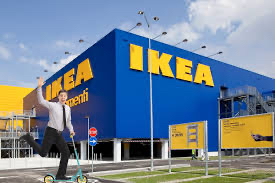
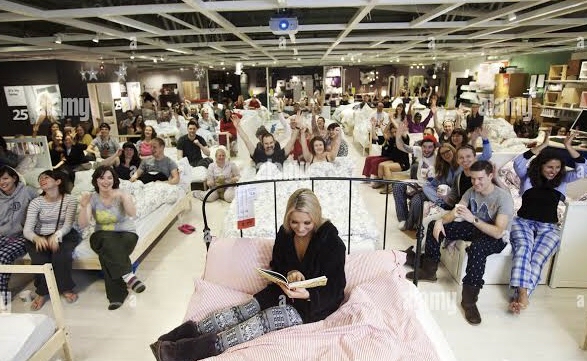
Download the medial app to read full posts, comements and news.








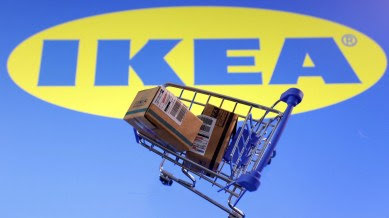


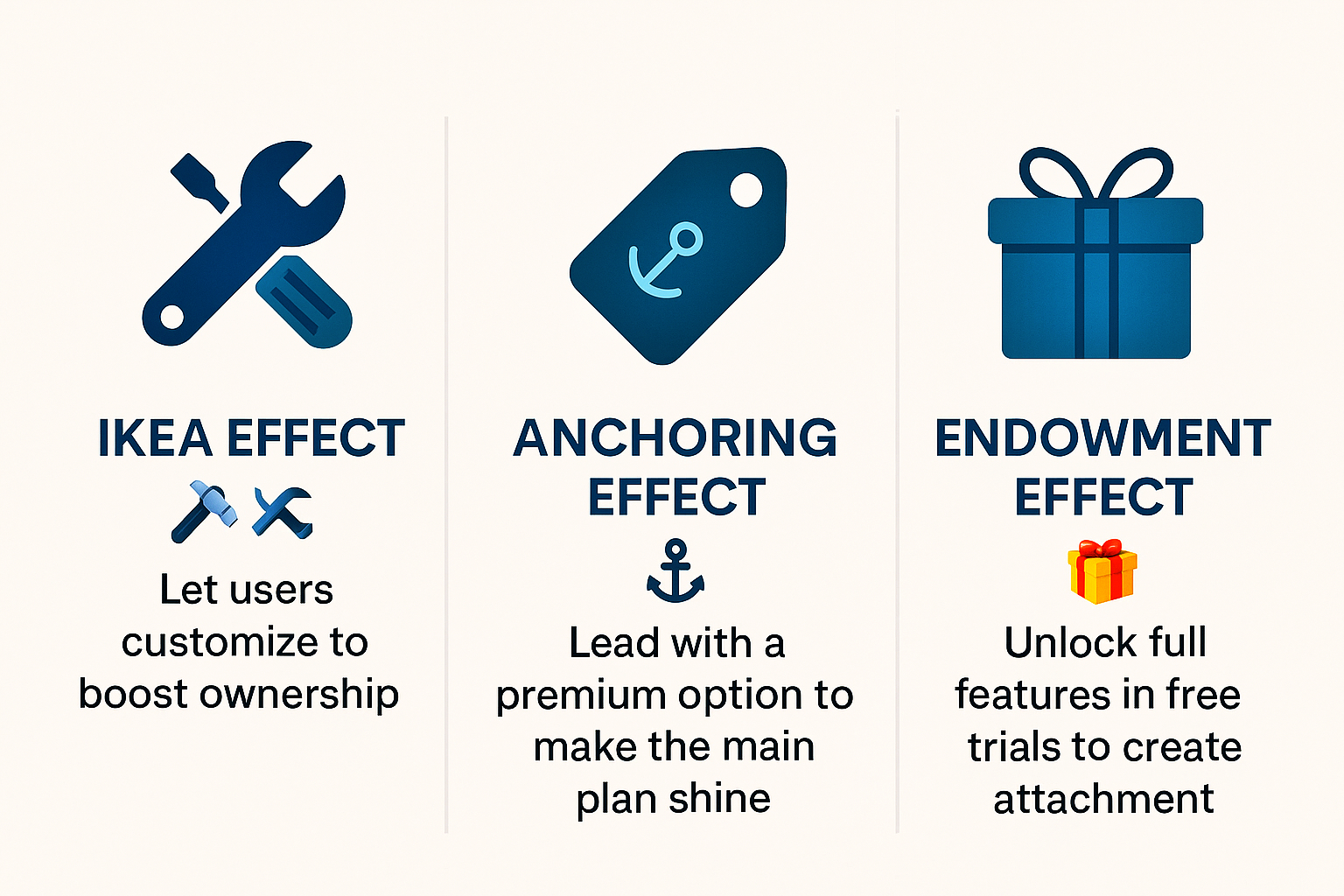
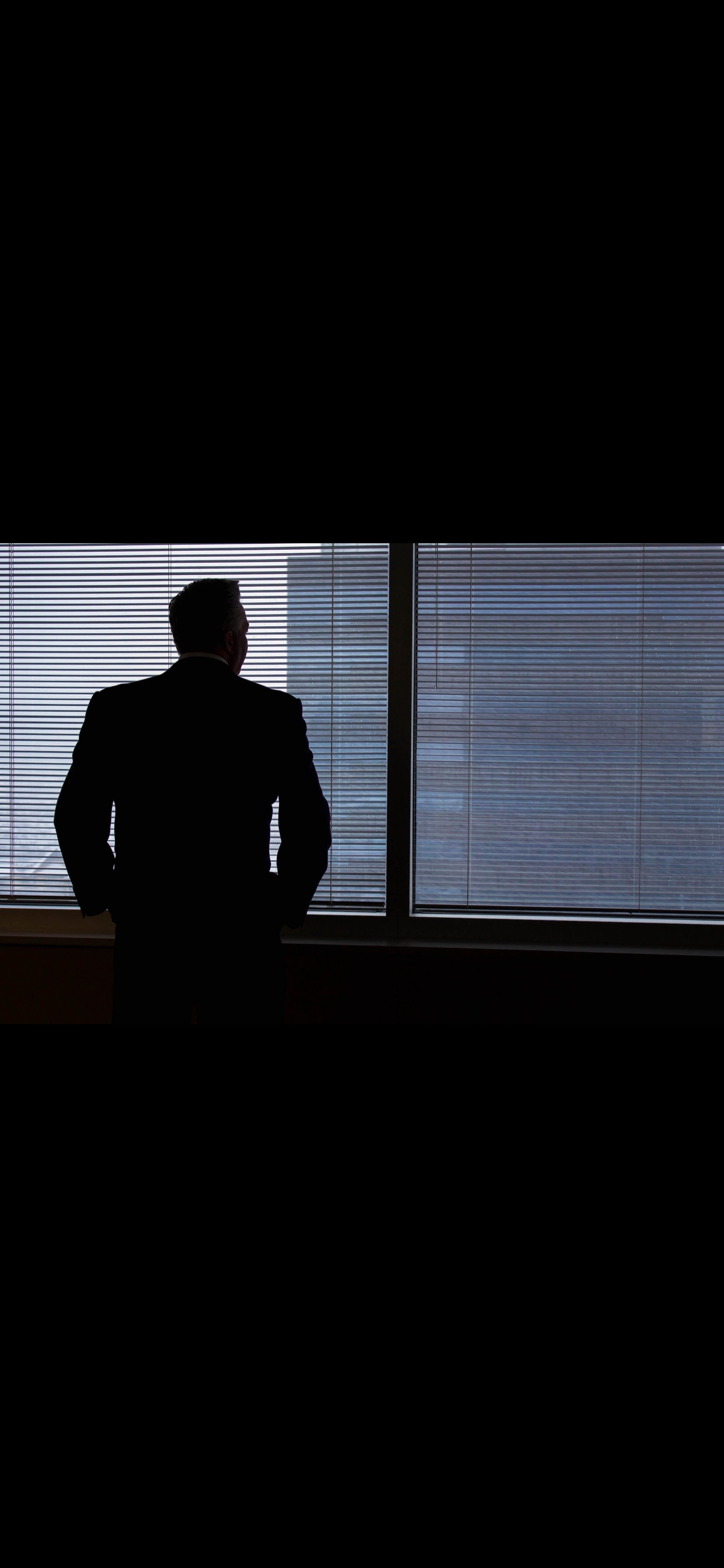





/entrackr/media/post_attachments/wp-content/uploads/2021/08/Accel-1.jpg)



















